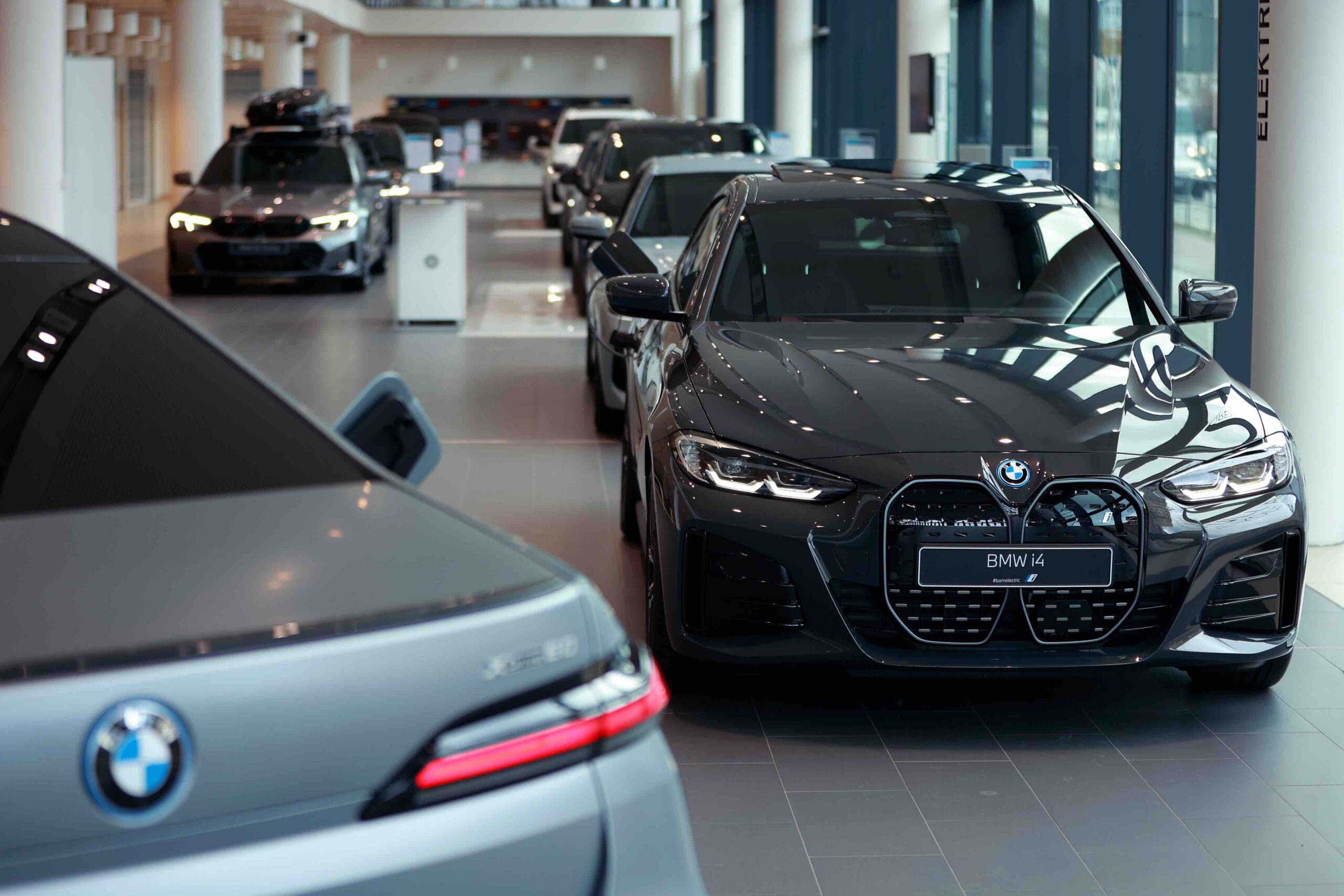(Bloomberg) —
BMW AG extended its lead over German rivals in the shift to electric vehicles with a jump in the second quarter as Mercedes-Benz and Audi struggled.
Deliveries of BMW’s battery-powered models such as the i4 and iX1 surged 22% to 107,933 units through June compared to a year ago, the company said Wednesday. BMW said its attractive product portfolio offset a challenging market.
The results contrasted sharply with those of Mercedes-Benz Group AG, which said its wholesale deliveries of passenger EVs plummeted 25% to just 45,800 units. The Stuttgart-based carmaker cited weaker demand in major economies and heavy discounts in the EV market.
BMW is bucking the trend in Europe, where sales of battery-powered cars have flattened or diminished as a share of overall deliveries in recent months. After years of growth, demand for EVs has softened since governments began dialing back or halting financial incentives for purchases.
At Audi, EV deliveries to customers in the second quarter stayed flat at 41,000 units, while parent Volkswagen AG said that fully electric sales in Europe and the US declined 15% in the first half of this year. EV demand in China has been stronger, rising 45% in the same period.
BMW is banking on EV sales after rolling out several new battery models, including the high-volume i4 sedan and more recently the iX2 crossover. The Munich-based company moved earlier in the EV shift than many competitors with the development of the i3 city car, garnering deeper experience with battery technology and working through mixed reception of the model.
Read More: BMW’s Surprise Electric-Car Win Started With an Early Blunder
© 2024 Bloomberg L.P.





